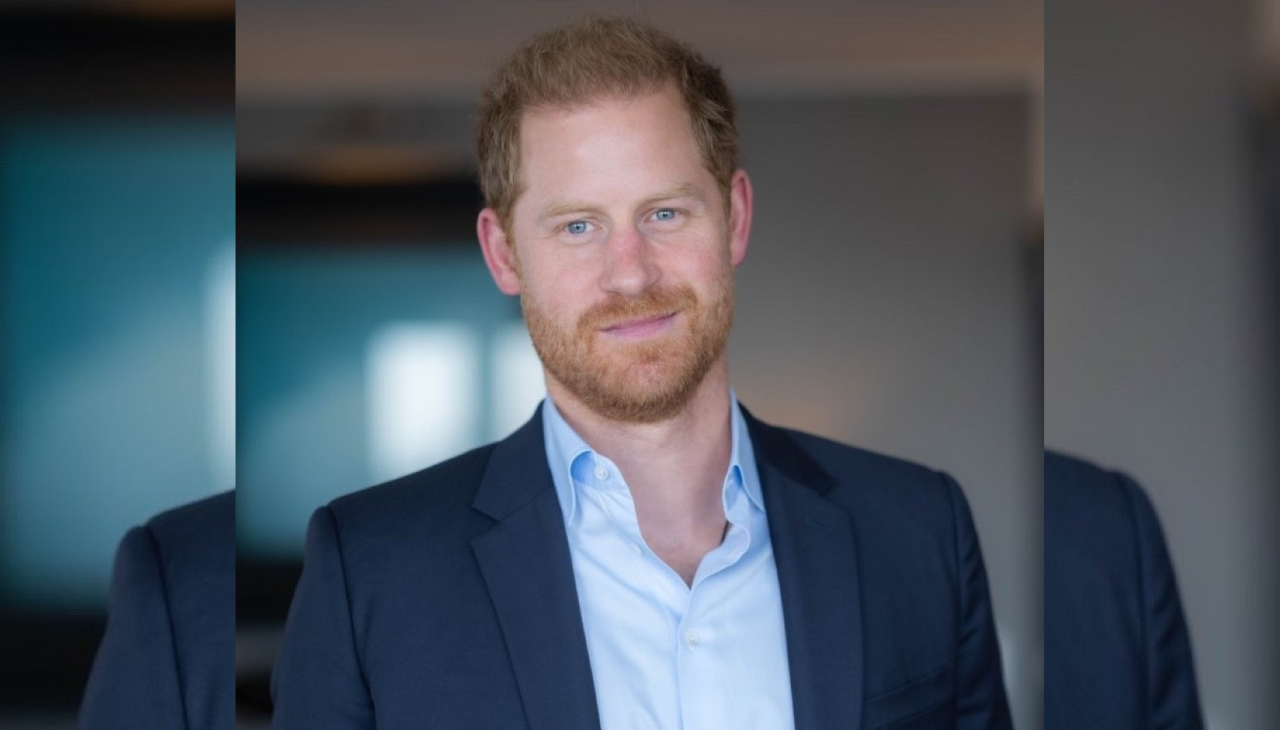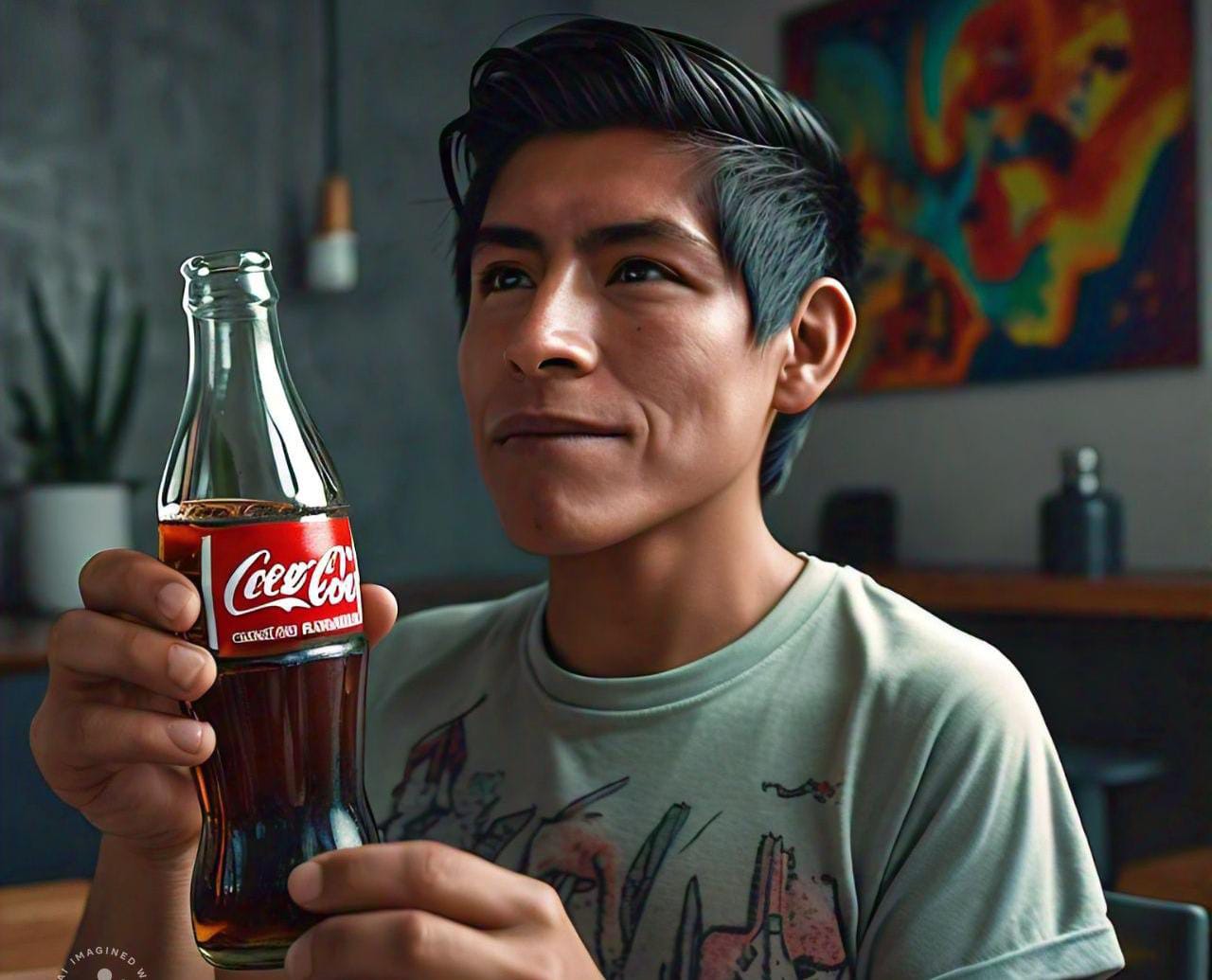
The "yoggaton," a spiritualistic perreo to shake off colonial traumas and more
What does Gloria Anzaldúa have to do with Bad Bunny, and what does an asana have to do with twerking? This is the new Latino yoga wave.
Some 500 million people practice some variant of yoga worldwide. They're called "variants" because when the discipline was created in India more than 2000 years ago, there was a long physical preparation for meditation, which is its central axis. But when it came to the West with the help of a few gurus, it was gradually adapted to Eastern thought, and largely secularized.
Even so, it is still one of the favorite practices of many people and, appropriation aside, it has great benefits for the body and mind.
Now also, thanks to a Bolivian dancer based in Berlin, it has become intertwined with a genre with which it seemed to have little or nothing to do: reggaeton.
Maque Pereyra, the ideologist of this sort of "spiritual perreo" got the idea on her way home from a party when she felt she needed to stretch.
"I said: 'I'm doing reggaeton, because I still have the feeling of the party inside me, but I need to stretch, otherwise I won't survive,'" she explained to EFE.
"Then I started doing yoga and I started to allow myself to move my ass and do my bitching while I was doing it. From there I saw, wow, there was something super hypnotizing about it," Pereyra said.
"How good it feels: perreo face down, come back, breathe, inhale, sun salutation, again, perrear," Maque kept telling herself as the hours went by.
Her Latin roots and academic background aligned at that precise moment. She reached a kind of "nirvana" in the form of a cultural knot.
Pereyra, who had studied classical dance and ballet in Bolivia before moving to Berlin in 2016, was studying at that time for a master's degree in dance at the Interuniversity Dance Centre of the Berlin University of the Arts (Universität der Künste).
She was working on queer aesthetics, decolonial aesthetics, non-binary thinking, the idea of the other, and being a migrant. All this knowledge came together to create a new philosophy, the yoggaton.
A few years ago we witnessed the creation of "metal yoga", a combination of yoga postures and the stridency of heavy metal. But at that time the style was not so much accompanied by a theoretical corpus, but rather a variant for lovers of this music.
In yoggaton, the yoga technique is combined with "intense perreo" and the music of Bad Bunny or Maluma to meditate in movement that is at the same time pure fun, says its creator.
"That sweating, feeling sensual, touching yourself, exhaling hard, going with the 'beat' of the perreo and combining it at the same time with a meditation through deep breathing, is what yoggaton offers unlike other yoga practices," Pereyra pointed out.
RELATED CONTENT
On the one hand, traditional yoga exercises, whose benefits are scientifically proven, chase away toxic thoughts; on the other hand, the traditional Latino dances on which reggaeton is based and its repetitive movements, especially of the legs, "root" us to the earth. They bring us, says the dancer, back to the now and out of our minds.
Using the body as a geography of trauma and a site of colonial contestation has been widely studied and reclaimed by feminism.
While the word "decolonization" may be laughable, it is far from a joke. It is, Maque Pereyra points out, a methodology created by the Brazilian artist ReKebra to locate colonization in the body.
"For Yoggaton it has to do with integral healing processes where the social is also corporal and, just as the South, as a general rule, is relegated and continues to be plundered, the ass is still a part of our body that is not talked about openly enough and that on an emotional level contains colonial legacies of shame, fear and guilt," says Pereyra, who applies "deculonial" perreo ("culo" means "ass" in Spanish) in her classes.
Maque adds ideas from Gloria Anzaldúa's Chicano feminism and refers to the practice as a kind of spiritual activism, which considers healing a collective and political act.
"The ass is still a part of our body that is not talked about openly enough and that on an emotional level contains colonial legacies of shame, fear and guilt"
In addition to reclaiming the spiritualities that were buried by colonialism, it also moves away from binary notions such as good/bad, civilized/savage... or yoga/reggaeton. In the process, it frees ourselves from stigmas and apparent contradictions that deny pleasure and the body, and are the cause of emotional blockages and anxieties.
"By concentrating on breathing, feeling the skin, sweat and posture, yoggaton allows us to become more aware of our own bodies and thus to take time for ourselves, which has a lot to do with sensuality and pleasure," says Maque, adding that this new philosophy made up of many others is an antidote to colonial thinking.
Now that the pandemic has turned our homes into makeshift gyms and brought continents closer through the virtual, you can try this tasty yoga class on YouTube. Perrea HERE!











LEAVE A COMMENT:
Join the discussion! Leave a comment.